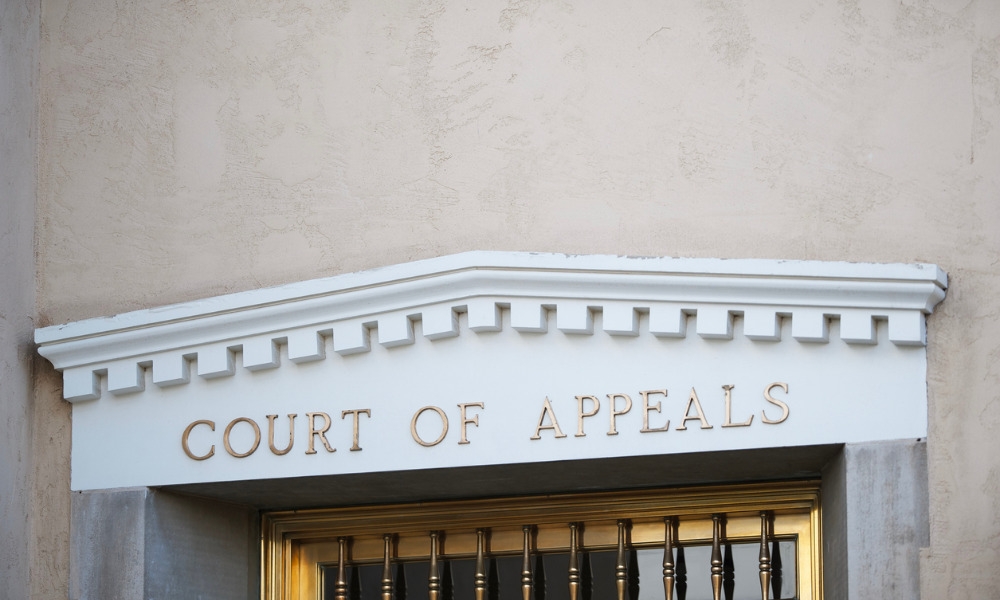Exposure draft will be available for review and comment in early 2024

To address the growing use of biometrics, the Privacy Commissioner, Michael Webster, has announced that his office will be engaging in consultations to establish new rules for collecting and using biometric data.
The increasing prevalence of biometric technologies, such as facial recognition, retinal scans, and voice recognition, has prompted the need for comprehensive guidelines. Webster highlighted the importance of establishing trust and confidence among New Zealanders in using biometrics by various organisations and businesses.
"Biometrics affects us all, and I want to hear from the experts and other stakeholders we usually hear from, but also from the people going to the supermarket or receiving marketing, who will have views on what parts of their personal information is collected and stored," said the Commissioner.
The Privacy Commissioner's office plans to release a draft of the biometrics code exposure in early 2024, inviting public input to ensure various perspectives are considered in shaping the regulations. The exposure draft will primarily focus on three key aspects:
- A proportionality assessment would require agencies to consider whether their reasons for using biometric technologies to analyse biometric information outweigh the privacy intrusion or risks.
- Transparency and notification requirements would place clear obligations on agencies to be open and transparent with individuals and the public about their collection and use of biometric information.
- Purpose limitations would restrict the collection and use of biometric information.
These rules apply when agencies collect biometrics for automated processes, like facial recognition technologies.
"We have looked at the privacy risks related to biometrics, analysed what is happening with laws in other countries, and heard from local stakeholders,” Webster said. “It has shown us that consulting on new rules specifically for biometrics is the right way forward. He also emphasised that Māori communities have expressed significant concerns about the potential bias and discrimination associated with using biometrics in New Zealand.
After public consultation on the exposure draft, there will be a further formal code consultation before any biometrics privacy code of practice can be issued.








